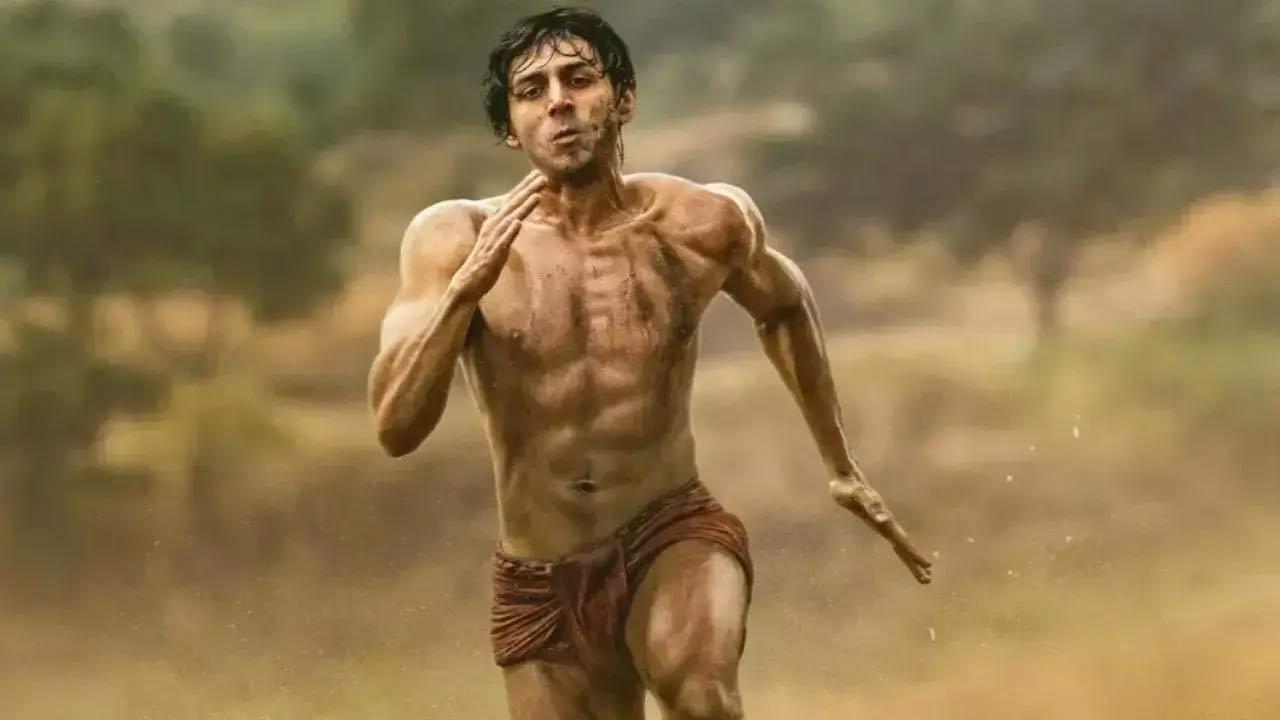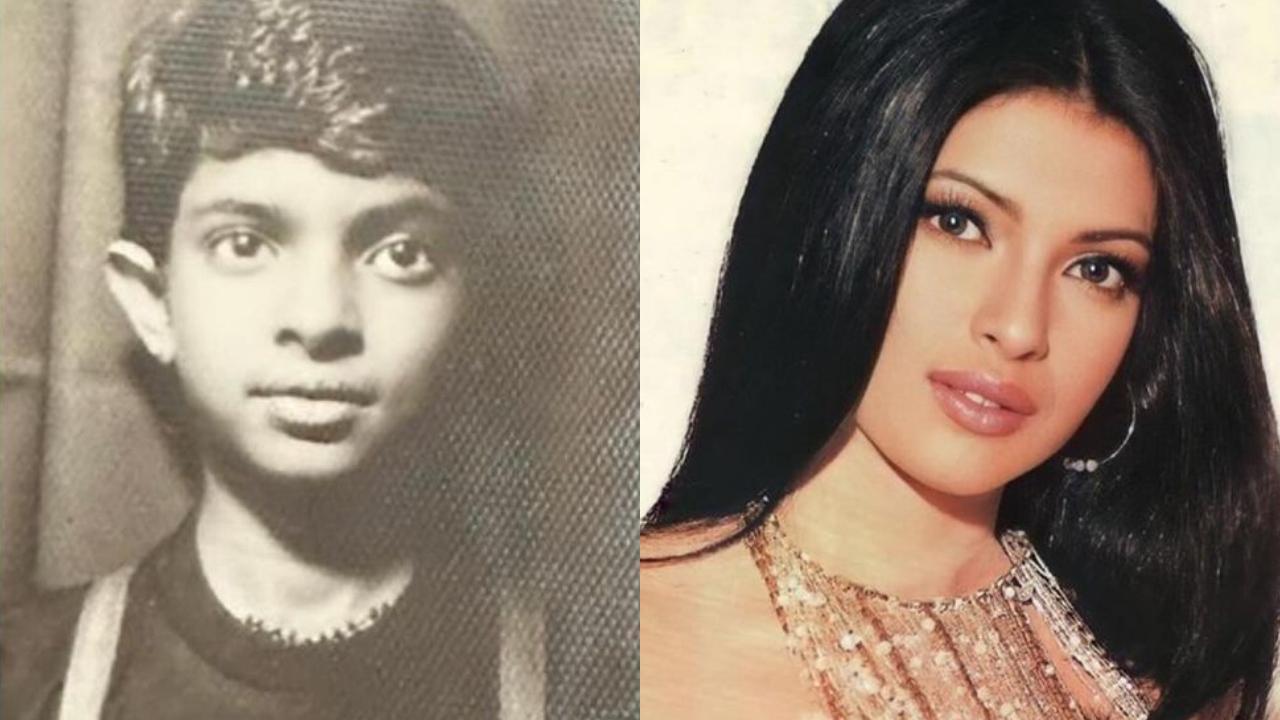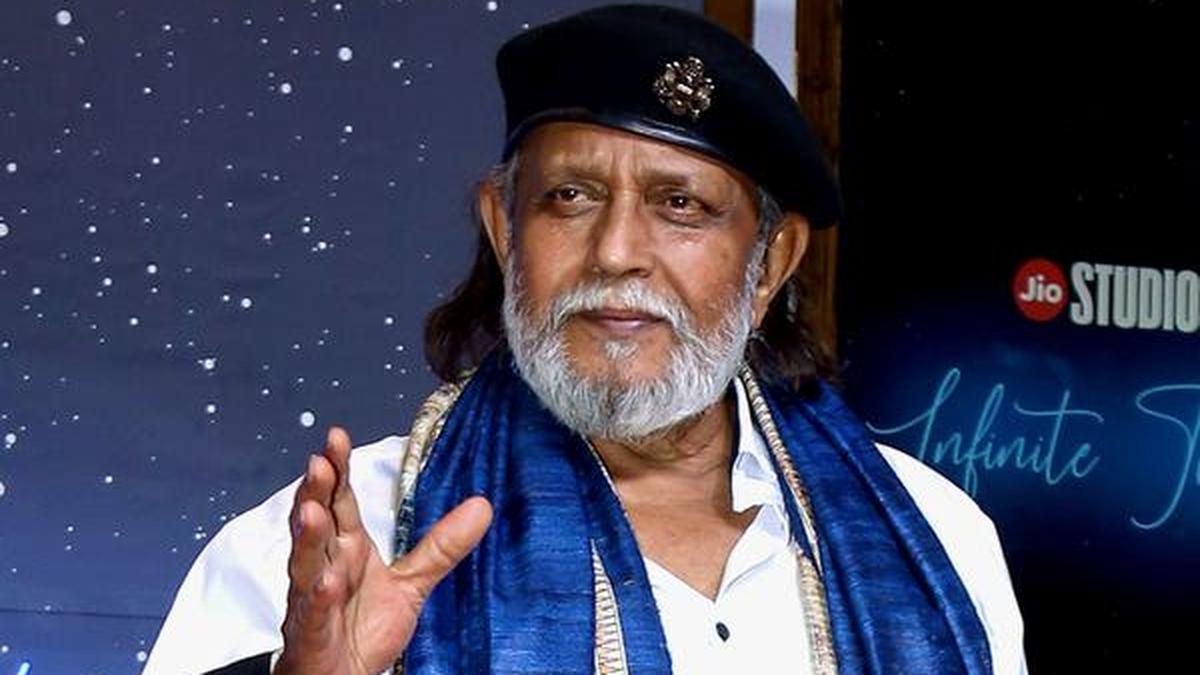
The frequent declarations of ‘I’m not a kid anymore’ or ‘I need my space’ often echo in our surroundings, yet teenage angst is seldom taken seriously. In our eagerness to grow, we sometimes overlook the fundamental roots that have nurtured us, viewing them as outdated. Bollywood, every few years, presents stories to remind us of the detrimental effects of keeping the generation gap wide. This week, director Ssanjay Tripaathy offers a fresh perspective with his new film, “Binny And Family,” portraying the life of an immigrant family in London to a contemporary audience. With a promising debutante and a proficient supporting cast, Tripaathy crafts a series of heartfelt moments within a storyline devoid of big surprises or dramatic twists, yet rich in relatability and authenticity, with performances that feel genuine.
Binny (Anjini Dhawan) and her upper-middle-class Singh family, originally from Bettiah, Bihar, have moved to London via Pune. On the brink of adulthood, Binny grapples with the demands of her school syllabus and her extracurricular aspirations. Her father Vinay (Rajesh Kumar) and mother Radhika (Charu Shankar) are educated professionals who allow her the freedom to explore life, as long as she stays connected to their cultural values. However, they soon realize that culture is not a rigid entity. When her retired grandparents (Pankaj Kapur and Himani Shivpuri) move in with them, the family must adapt to accommodate their traditional values. Vinay converts his bar into a bookshelf, and Binny refrains from using harsh language in her rap songs.
This seemingly light-hearted struggle to adapt takes a serious turn when a health scare strikes the family, opening a poignant dialogue between a grieving grandfather and a guilt-ridden granddaughter. The plot gradually develops a subdued pain, evoking emotions and reflections on whether more accommodation could have eased the situation.
Tripaathy, known for writing popular TV serials and directing the film “Club 60” about five retired men finding new purpose in life, brings his nuanced understanding of familial dynamics to this film.
. He skillfully captures the lived-in experience of a household, seamlessly portraying the multilingual and multifaceted lives of immigrants. The film subtly emphasizes the significance of respect beyond its generic feel, delving into the essence of traditional values that older generations hold dear. It dismisses the false modernity brought about by technology and lifestyle, advocating for the positive aspects of embracing change. Tripaathy avoids scripting villains within the family or outside, allowing circumstances to challenge the family instead.
Anjini Dhawan makes a confident debut, her screen presence and demeanour making even the less engaging school segments and romantic skirmishes watchable. Her chemistry with the seasoned Pankaj Kapur feels authentic and compelling.
Pankaj Kapur initially appears in an “Office Office” style sequence, transitioning from a self-sufficient pensioner resistant to change into a relatable, emotionally expressive grandfather. His performance, marked by subtle physical expressions, reflects the emotional shifts of his character. Rajesh Kumar, portraying the father torn between his family’s interests and his parents’ expectations, delivers a nuanced and restrained performance, highlighting his acting talent.
While the school scenes feel underdeveloped and Binny’s attempt to use theatre as a medium for self-expression predictable, the film’s overall message is compelling. Towards the end, it leans into a more didactic tone. Nevertheless, if expectations are tempered, “Binny And Family” offers a decent family viewing experience.
Currently running in theatres, “Binny And Family” serves as a heartfelt reminder of the delicate balance required to bridge generational gaps, making it a valuable addition to contemporary Hindi cinema.
Published – September 27, 2024 04:58 pm IST










